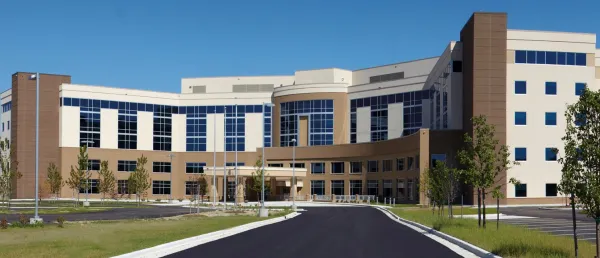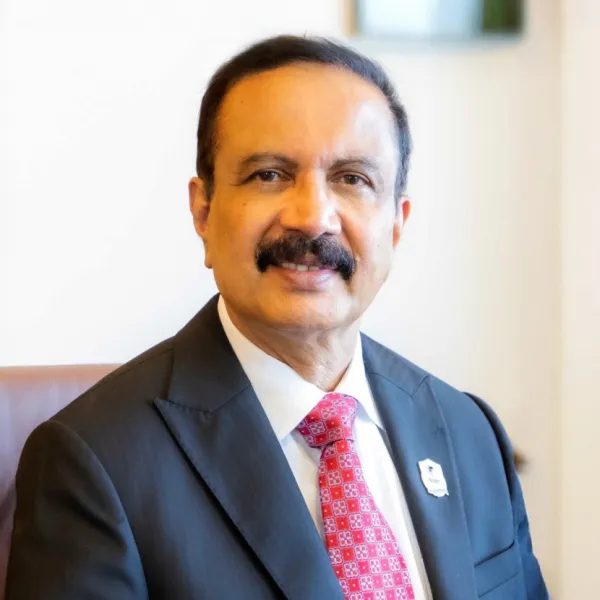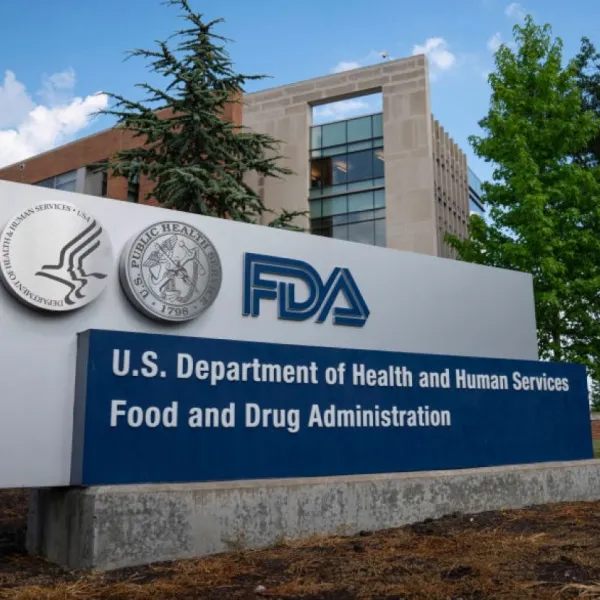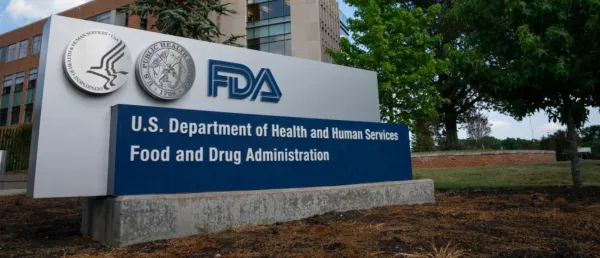IMA Unhappy with IRDAI’s 100% Cashless Health Insurance Proposal, Says it may Limit Provider Choice

The IMA suggested the reinstatement of reimbursement modules and urged the government to seek advice from healthcare experts to develop a more scientifically balanced healthcare cost structure.
The Indian Medical Association (IMA)’s state unit has raised concerns on the proposed changes initiated by the Insurance Regulatory and Development Authority (IRDAI) for a 100% cashless health insurance system.
IMA state president, Dr T Senthamil Pari, said that these reforms might restrict policyholders to "empanelled network hospitals," curtailing their ability to select their preferred doctors and medical facilities.
Dr Pari said, "During emergencies, they will be constrained to search for network hospitals and lose out on the 'golden hour.' Patients should have the freedom to choose healthcare providers based on quality rather than be restricted to those accepting cashless package rates."
Further criticism came from Dr N R T R Thiagarajan, the IMA state secretary, who highlighted the adverse effects of predetermined package rates imposed by insurance companies.
Dr Thiagarajan highlighted that these rates, often set at low and unscientific levels, hinder the efficient utilisation of resources and advanced medical technology.
According to the IMA, this limitation could compromise patient care and fail to align with established healthcare guidelines, including those specified by the government in various acts and guidelines.
Quoting a statement, he added, "The rates fixed by the insurance company for the package make it unsustainable for hospitals to follow the guidelines. It may compromise quality."
The IMA suggested the reinstatement of reimbursement modules and urged the government to seek advice from healthcare experts to develop a more scientifically balanced healthcare cost structure. They also proposed regular annual revisions to ensure fairness and transparency.
Additionally, the doctors advocated for informative programs to educate policyholders about these potential changes and their implications for healthcare services.
Previously, in September, the Insurance Regulatory and Development Authority of India (IRDAI) unveiled plans for 100% cashless settlement of medical expense claims in collaboration with health insurance providers.
IRDAI Chairman Debasish Panda, during the Global Fintech Festival, disclosed the regulator's active engagement with health insurers, the National Health Authority, and the Insurance Council to expedite the implementation of 100% cashless claim settlements.
The move from IRDAI comes as a response to the existing challenges in the cashless claim process, where insurers have frequently deducted 10% or more from the total billing under various pretexts.
These contrasting perspectives shed light on the ongoing discussions and concerns within the healthcare insurance sector, signifying the need for a balanced approach to ensure patient convenience and quality healthcare services.
Stay tuned for more such updates on Digital Health News





























